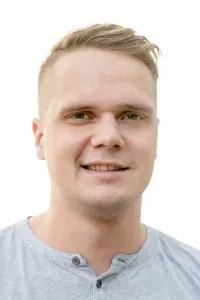Master 1 subject
Management & Consulting in Sports, Master 1 subject
- How does the management of sport organisations work?
- Which consultancy approaches for actors in sport are there (individual consultancy, organisational consultancy)?
- What are the features of sport economics, sport politics and sport development?
- How is marketing management in the field of sport structured?
- How can aspects of organisational and personnel psychology be transferred into sport organisations?
Profile |
|
|
Degree
|
Master of Science
|
|
|
Master of Science
|
|
Start
|
Winter semester
|
|
Duration
|
4 semesters
|
|
Classroom language
|
German
|
rub


